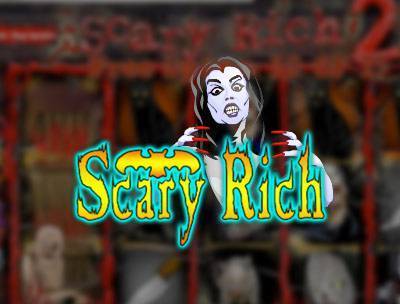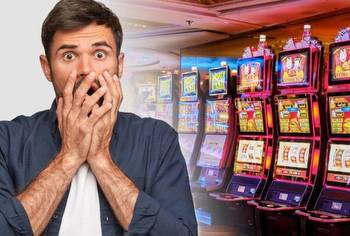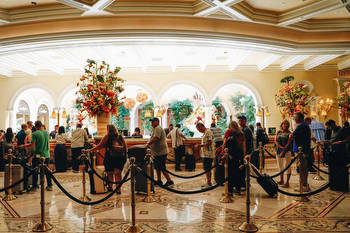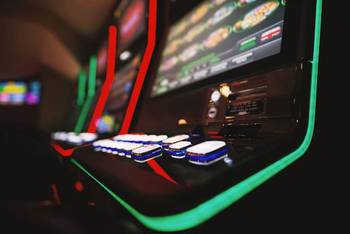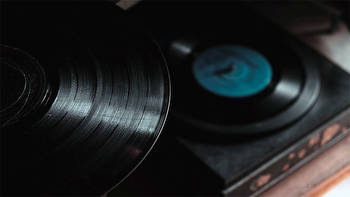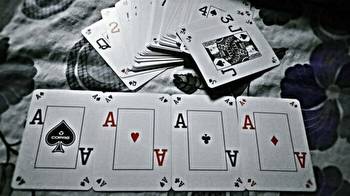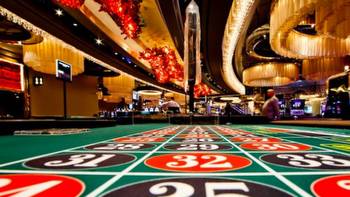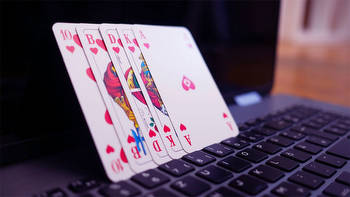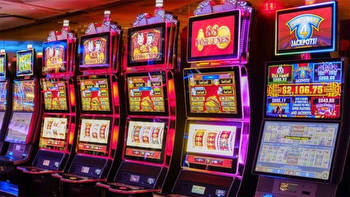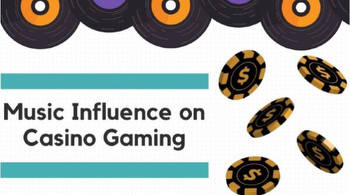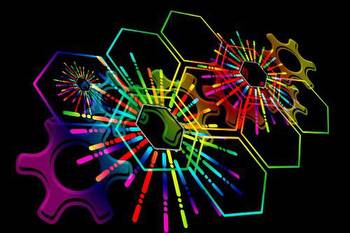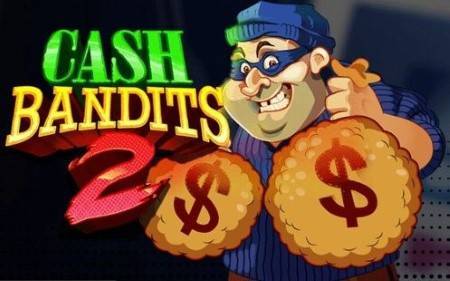How jackpot wins can influence players

Asper Assistant Professor examines gambling and risk-taking behaviours
Jackpots are an important marketing tool in the casino gambling industry, but could Jackpot winnings from slot machines potentially be a tool used to promote more gambling within a casino environment?
Asper assistant professor Dr. Hee Mok Park and co-author, Dr. Joseph Pancras from the University of Connecticut examine the impact on subsequent gambling behaviour in their paper entitled ‘Social and Spatiotemporal Impacts of Casino Jackpot Events’, published in the Marketing Science, a leading journal in the field of marketing research. The journal, which has an overall ranking of 214, publishes research related to business and international management, economics and econometrics and marketing.
While jackpot winners may be influenced by their own wins, Park and Pancras were also interested in those around them and whether they too would bet more after witnessing a jackpot win. They expand their research to explore the impact of a jackpot win on three different categories of players: jackpot winners, their friends or companions, and bystanders.
“If you go to a casino, it is not difficult to realize that someone just won a jackpot in a slot-machine game because the machine makes loud and exciting sounds and flashing lights. However, how people would react to it did not seem obvious to me,” said Dr. Park. “Some people might feel lucky and bet more (hot hand myth) while others might bet less thinking that luck is in the past (gambler’s fallacy).”
Their research found that jackpots do have a causal impact not just on winners, but those around them. Within a two-hour post-jackpot window, winners increase their betting amount by an average of $39 per play, and bystanders who witness the same win will increase their betting amount by an average of $2 per play in a half-hour post-win window.
They ascertain whether risk-taking behaviour after a jackpot win can be attributed to the “hot hand” or the “house money” effect. The “hot hand” pertains to the misplaced belief that the winner is lucky or skilled and can repeat a win, and will therefore bet more money at a slot machine — a sort of misplaced confidence in oneself, rather than randomly winning a game of chance. The “house money” effect is the belief that a winner is now not betting their own money, but the casino’s, and can therefore stand to lose more of it.
The results are significant for the casino industry in multiple ways as the impact of a jackpot is profitable for them. If they can better understand how patrons react to a jackpot win, they can better position slot machines and jackpot wins to maximize their effects. The results are also significant for the broader field of research. They deepen our understanding of risky decision making, expand our awareness of the effect of social interactions in risky decision making, and enrich our knowledge of the transient, weak advertising effects to be found within this context.







